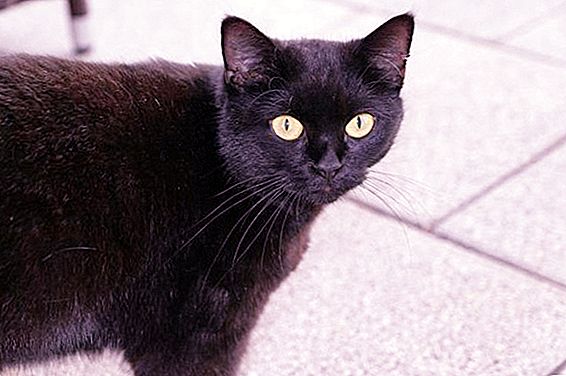We live in a time when even the oldest generation knows how to use the Internet, organs are created on 3D printers, children from three parents are born, and people are about to land on Mars. We think that we are in control of everything, but only until some black cat crosses our path or the mirror in the house breaks. And here begins such a journey through time for several centuries, and sometimes millennia. Prejudices live in the subconscious, engage and assimilate at an incredible speed, are automated and periodically surface in actual situations.

What are prejudices?
The prejudices that are so closely intertwined with life are, in fact, centuries-honed practices of aligning the life balance of traditional communities. The people had a very special attitude to the concept of the norm and its maintenance at the proper level. In order not to violate it, certain precepts were invented, which "instructed" community members in detail regarding their behavior. If deviations did occur, the bearers of the tradition used self-defense techniques, creating alternative ways out of border situations - magical counteractions.
So, first of all, prejudices for the bearer of the traditional folklore picture of the world are such warning signs that, if properly observed, should protect against violation of the established harmony. And if not, then there will always be an antidote to return everything to the so-called norm. The bonus comes with predictions of the future, for the stability of the super-superbachuvan.
It sounds like something from the period “before education”, why do we still believe in them?
There are several important factors. The first factor is belief in the power of one's own abilities. We do not always want to admit that we ourselves are responsible for our lives. Admit it, it is much more comfortable to blame a black cat or a neighbor with an empty bin for failing an exam or being late for an interview. This is such a small, but very important primitive life hack, which removes responsibility from itself and transfers it to higher forces, dead ancestors or fate.
The second factor (which logically follows from the first) is laziness. In the people, this practice is sometimes voiced by such constructions as: “I am waiting for my destiny”, “The black bar in life”, “God will help” / “For all the will of God” and in especially extreme cases: “Sharo, come!”. Believing in prejudices, a person relaxes because he thinks that someone from above will decide for him.
With all this, any person loves stability and order in his life. The third factor follows from this - a sense of control. Yes, this may seem somewhat contradictory with respect to the previous two factors, however, people often believe and adhere to prejudice precisely because it gives them the opportunity to feel safe and control reality. The method of argumentation in this case is approximately the following: I don’t go to black cats, I always look in the mirror, forgetting something at home, I don’t go under electric poles, I don’t leave knives on the table for the night, but for this I keep good luck and no problems. Profit? Profit Therefore, sometimes it may seem like a kind of cultural agreement: as long as you do not violate these "laws", your life is normal.
George Frankl said that man is an animal that produces culture, focusing on symbols, using signs and adhering to symbols. Our ancestors regarded the world as a sign system that can be read. A lot of signs can be decrypted, understanding the principle of such reading. A person is usually interested in a fairly limited range of issues, which boil down to quality and life expectancy. Therefore, death and failure are always at the top of any most entrenched prejudice.
